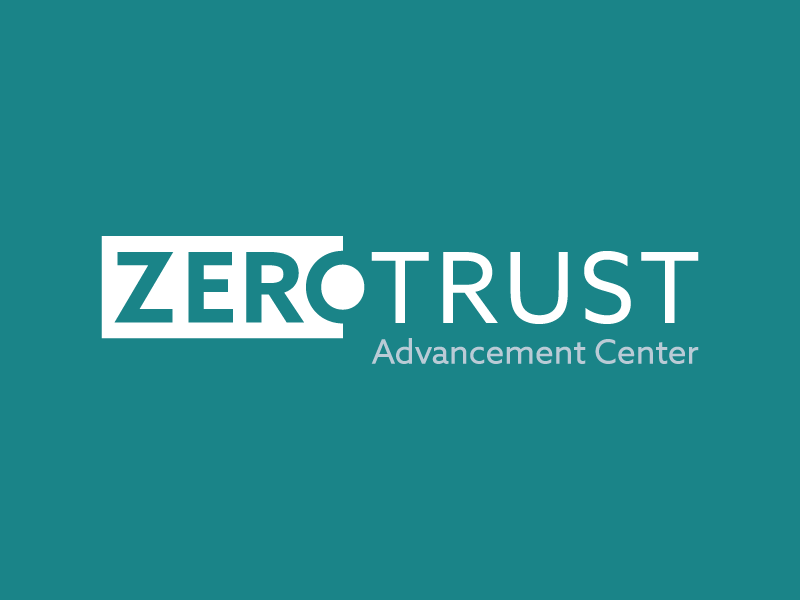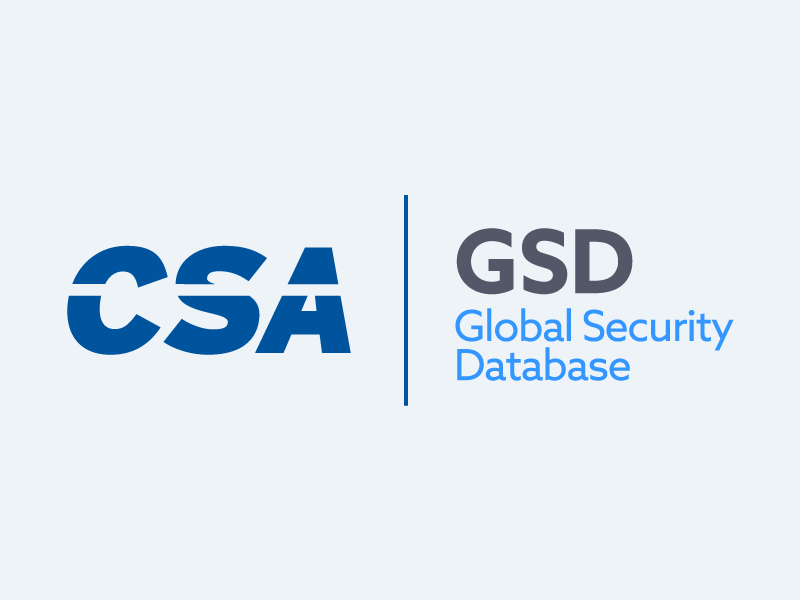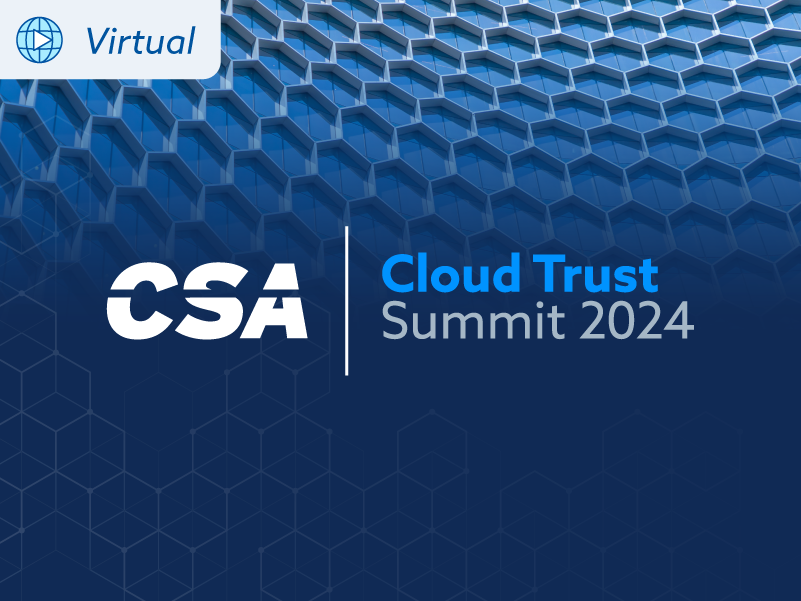Discover How to Navigate Compliance Challenges at the Intersection of Data Governance and AI Integration
Blog Article Published: 09/06/2023
Written by Arun Dhanaraj, Vice President of Cloud Practices, Global Bank.
Artificial intelligence (AI) is being used by businesses to innovate and go ahead in today's fast-paced market. However, with this adoption comes a multitude of data governance requirements and regulations that can be overwhelming to navigate. Maintaining trust, protecting privacy, and mitigating risks associated with AI integration are all dependent on ensuring compliance with these regulations. Discover how data governance requirements and regulations can affect AI integration and learn best practices to overcome compliance challenges in this insightful research article. Discover the impact of critical regulations on data governance in AI-powered environments. Uncover the obstacles that organizations encounter when striving for compliance and learn about successful tactics and top-notch practices for effective data governance.
Integrating AI with Data Governance.
In the current data-centric era, businesses are realizing the significance of data governance to safeguard the accessibility, consistency, and protection of their valuable data resources. There has been a dramatic shift in how firms operate and make strategic decisions with the introduction of AI and machine learning. Incorporating AI into current data governance frameworks poses distinct obstacles, particularly in terms of adhering to regulations and industry standards. Discover how data governance requirements and regulations affect AI integration and learn the best practices for organizations to overcome compliance challenges in this informative article.
Discover the importance of Data Governance and AI Integration.
Data governance is a crucial strategy for effectively managing data. Data governance is the process of creating and enforcing regulations, guidelines, and other safeguards to keep sensitive information safe. Our system guarantees the dependability, availability, and manageability of data throughout its entire lifespan. AI integration involves the integration of AI technologies, such as machine learning algorithms, into business processes to automate tasks, gain insights, and make data-driven decisions.
Discover the endless possibilities and challenges that come with the incorporation of AI into data governance procedures. With AI, data governance can be taken to the next level. Through the implementation of automated processes, organizations can effectively streamline their operations pertaining to data classification, access control, and risk assessment. This enables businesses to maintain optimal levels of efficiency and precision in managing their valuable data. By utilizing data analytics, organizations can uncover patterns and anomalies within their data, resulting in improved decision-making capabilities. When implementing AI in data governance, it's crucial to take into account compliance requirements, ethical considerations, and potential risks related to biased or discriminatory outcomes.
Discover how data governance requirements and regulations are influencing the integration of AI. Explore the impact of these measures on the development and deployment of AI solutions.
Regulations and requirements for data governance have a significant impact on the integration of AI into organizational processes. To guarantee the utmost protection of data, safeguard security measures, and uphold ethical practices in the utilization of AI technologies, it is imperative to adhere to regulatory frameworks like the General Data Protection Regulation (GDPR) and industry benchmarks such as ISO/IEC 27001. Ensure compliance with data governance regulations by addressing specific obligations such as data minimization, purpose limitation, and accountability when integrating AI into your organization's framework.
Regulations and requirements for data governance also have an impact on the design and implementation of AI systems. Organizations must ensure that their AI algorithms and models are transparent, explainable, and fair. Ensure your organization has proper monitoring and auditing mechanisms in place for AI systems. This will help detect and mitigate any potential risks related to data biases, security breaches, or non-compliance.
Discover the most effective strategies for overcoming compliance obstacles.
To seamlessly incorporate AI into current data governance frameworks, organizations must take a proactive stance towards compliance. Discover the top practices for effectively managing compliance challenges:
Ensure that your data governance and AI strategy are in sync.
For optimal adherence to data governance regulations, it is essential for organizations to synchronize their AI integration approach with their overarching data governance plan. By mapping AI use cases to distinct data governance objectives, including data quality, privacy, and security, we can ensure optimal performance and compliance. With the integration of AI solutions that follow data governance principles, organizations can effectively manage compliance risks and guarantee the ethical utilization of AI technologies.
Ensure the safety of sensitive information by conducting Privacy Impact Assessments (PIAs).
Ensure the safety of your AI integration by conducting Privacy Impact Assessments (PIAs) to identify and address potential privacy risks. Ensure individuals' privacy rights are protected by conducting PIAs to evaluate the potential impact of AI systems on organizations. Our cyber analysis team will conduct an evaluation of the data collection and processing techniques employed, as well as explore the potential for implementing automated decision-making systems. By conducting PIAs, organizations can gain valuable insights that can aid in the creation of privacy-boosting strategies and ensure adherence to data protection laws.
Integrate ethical AI frameworks.
When it comes to incorporating AI into data governance frameworks, ethical considerations are of utmost importance. It is imperative for organizations to establish ethical AI frameworks that govern the entire lifecycle of AI systems, from design and development to deployment and use. Effective frameworks must tackle concerns like algorithmic fairness, transparency, accountability, and the avoidance of biased outcomes. Ensure responsible and trustworthy AI integration by embedding ethical principles into AI governance.
Encourage teamwork and cooperation between your Data Governance and AI teams.
For seamless AI integration, it's crucial to establish effective collaboration between data governance and AI teams. With the help of data governance teams, you can ensure compliance requirements, data quality, and security. Meanwhile, AI teams can bring their expertise in algorithm design, model training, and deployment to the table. Unlock the full potential of AI systems by promoting collaboration and knowledge sharing within your organization. By doing so, you can seamlessly integrate data governance with AI integration, resulting in highly effective and compliant AI systems.
Ensure the implementation of strong data management protocols.
For seamless AI integration and compliance, it is crucial to have strong data management practices in place. Maximizing the value of data requires a comprehensive approach to data management that includes data collection, storage, processing, and sharing. Our comprehensive data management solution encompasses crucial elements such as data classification, data lineage tracking, data access controls, and data retention policies. By implementing robust data management protocols, organizations can ensure the utmost integrity, availability, and security of their valuable data throughout its entire lifecycle.
Ensure the optimal performance of your AI systems by regularly monitoring and auditing them.
Ensure compliance and mitigate risks by implementing continuous monitoring and auditing of your AI systems. Ensure your organization's AI algorithms are performing at their best by establishing effective monitoring mechanisms. Detect and eliminate any biases or discriminatory outcomes that may arise, and ensure compliance with established rules and regulations. Discover gaps in compliance and enhance your AI governance practices with regular audits.
Keep yourself informed about regulatory changes.
Stay up-to-date with the latest data governance requirements and regulations as they evolve. It is imperative for organizations to keep themselves abreast of regulatory and industry standard updates to ensure continuous compliance. Maintain a vigilant stance on regulatory modifications, proactively participate in pertinent industry dialogues, and foster synergistic partnerships with legal and compliance experts to guarantee adherence to compliance standards. Maintain a competitive edge by ensuring you are consistently updated and well-informed. This way, your organization can be proactive in adapting its data governance and AI integration strategies to meet any changing compliance requirements.
Discover the essential requirements and regulations for effective data governance.
With the help of our comprehensive analysis, learn how important data governance regulations affect AI integration.
Gain valuable insights into the latest regulations and their potential impact on your business. Stay ahead of the curve and ensure compliance with our expert guidance.
Ensure the safeguarding of your personal data by adhering to the provisions set forth in the General Data Protection Regulation (GDPR).
The European Union's enforcement of the General Data Protection Regulation (GDPR) has significantly influenced the landscape of global data governance and privacy. The main goal is to safeguard the rights of individuals and create a unified approach to data protection regulations among EU member states. The General Data Protection Regulation (GDPR) establishes stringent criteria for the management of personal data, encompassing aspects related to AI systems. When integrating AI, it's crucial for organizations to prioritize lawful processing, obtain explicit consent, maintain transparency, uphold the right to be forgotten, and implement appropriate security measures. Ensure your compliance with GDPR by implementing comprehensive data governance practices, robust data protection measures, and strict adherence to privacy principles.
Explore the potential benefits of the California Consumer Privacy Act (CCPA) in safeguarding your personal data.
Explore the transformative impact of the California Consumer Privacy Act (CCPA) on safeguarding the privacy rights of residents in California. Although the CCPA's jurisdiction is confined to California, its applicability extends beyond borders due to the expansive definition of covered businesses. Take control of your personal information with the CCPA. This groundbreaking legislation empowers consumers to dictate how their data is used and places important responsibilities on businesses that handle it. Ensure your organization's compliance with CCPA requirements when integrating AI by providing clear notice to consumers, offering the option to opt out of data sales, and implementing robust data security practices. Ensure your organization is CCPA-compliant with a strong data governance framework and transparent measures.
Ensure the safeguarding of your medical data by implementing the Health Insurance Portability and Accountability Act (HIPAA) measures.
HIPAA, also known as the Health Insurance Portability and Accountability Act, is a crucial federal legislation within the United States that governs the utmost importance of maintaining the confidentiality and safeguarding of personal health information. HIPAA regulations are applicable to entities that manage protected health information (PHI), including healthcare providers, health plans, and their business associates. Ensuring HIPAA compliance is crucial when implementing AI in healthcare environments. Protecting PHI is crucial, and HIPAA ensures that it's safeguarded during storage, transmission, and processing. Ensure HIPAA compliance when integrating AI by implementing necessary safeguards such as access controls, encryption, and audit trails. In AI-driven healthcare environments, maintaining HIPAA compliance requires robust data governance and stringent security measures.
Discover other pertinent data governance regulations.
Various data governance regulations can significantly affect AI integration, depending on the industry and geographical context. Apart from GDPR, CCPA, and HIPAA, there are several others that businesses must consider. Discover a wide range of options that include:
- For financial institutions that use AI in their operations, adherence to regulations like the Payment Card Industry Data Security Standard (PCI DSS) and the Basel Committee on Banking Supervision (BCBS) guidelines is essential.
- In the world of telecommunications, adherence to regulations such as the FCC rules and national telecommunications laws is crucial. These regulations ensure that telecommunications providers utilizing AI technologies are held to high standards of data protection and privacy.
- In the realm of government and public sector, it's crucial to adhere to data governance regulations and policies when integrating AI. This ensures that citizen rights, privacy, and transparency are safeguarded at all times.
- Discover how sector-specific regulations can impact your business's use of AI and data governance requirements. From energy to transportation and retail, different industries may have unique guidelines that must be followed.
Gain a thorough understanding of the legal and compliance landscape surrounding AI integration by analyzing these prominent data governance regulations. Ensure responsible and compliant AI deployments while safeguarding individuals' rights, privacy, and data security by aligning your organization's data governance practices with these regulations.
Conclusion
By integrating AI into data governance frameworks, organizations can unlock a world of possibilities. From streamlining processes to gaining valuable insights, the benefits are endless. With AI, decision-making becomes more informed and efficient, allowing for greater productivity and success. While big data offers immense potential, it also presents distinct compliance hurdles that demand meticulous attention to data governance mandates and regulations. Ensure responsible and compliant integration of AI into your data governance frameworks by aligning data governance and AI strategies, conducting privacy impact assessments, implementing ethical AI frameworks, fostering collaboration, establishing robust data management practices, regularly monitoring and auditing AI systems, and staying updated with regulatory changes.
About the Author
Arun Dhanaraj, known as "AD," is a tech enthusiast with 14+ years of IT experience. Graduating in electronic and communication engineering, he's progressed from a desktop engineer to VP of Cloud Practices. His expertise spans Cloud, DevOps, Cybersecurity, and he's skilled in Azure, AWS, and On-Premise setups. Arun's a problem solver, content creator, and avid learner with a passion for cricket and chess.
Peer Reviewed By Satish Govindappa & Abhishek Bansal
Satish Govindappa is a highly accomplished professional with an extensive background in cloud security and product architecture. With over two decades of experience, Satish has established himself as a prominent figure in the industry, serving as a Board Member and Chapter Leader for the Cloud Security Alliance SFO Chapter
Abhishek Bansal, a thought leader in IAM, has over 11 years of experience in the cybersecurity industry. He has previously served at several leadership roles in large enterprises, and has been a part of the founding team of IGAaaS based cybersecurity startup.
Related Resources



Related Articles:
Microsoft Copilot for Security: Everything You Need to Know
Published: 05/02/2024
How DSPM Can Help Solve Healthcare Cybersecurity Attacks
Published: 04/30/2024
Considerations When Including AI Implementations in Penetration Testing
Published: 04/30/2024
Your Ultimate Guide to Security Frameworks
Published: 04/29/2024


.png)
.jpg)


